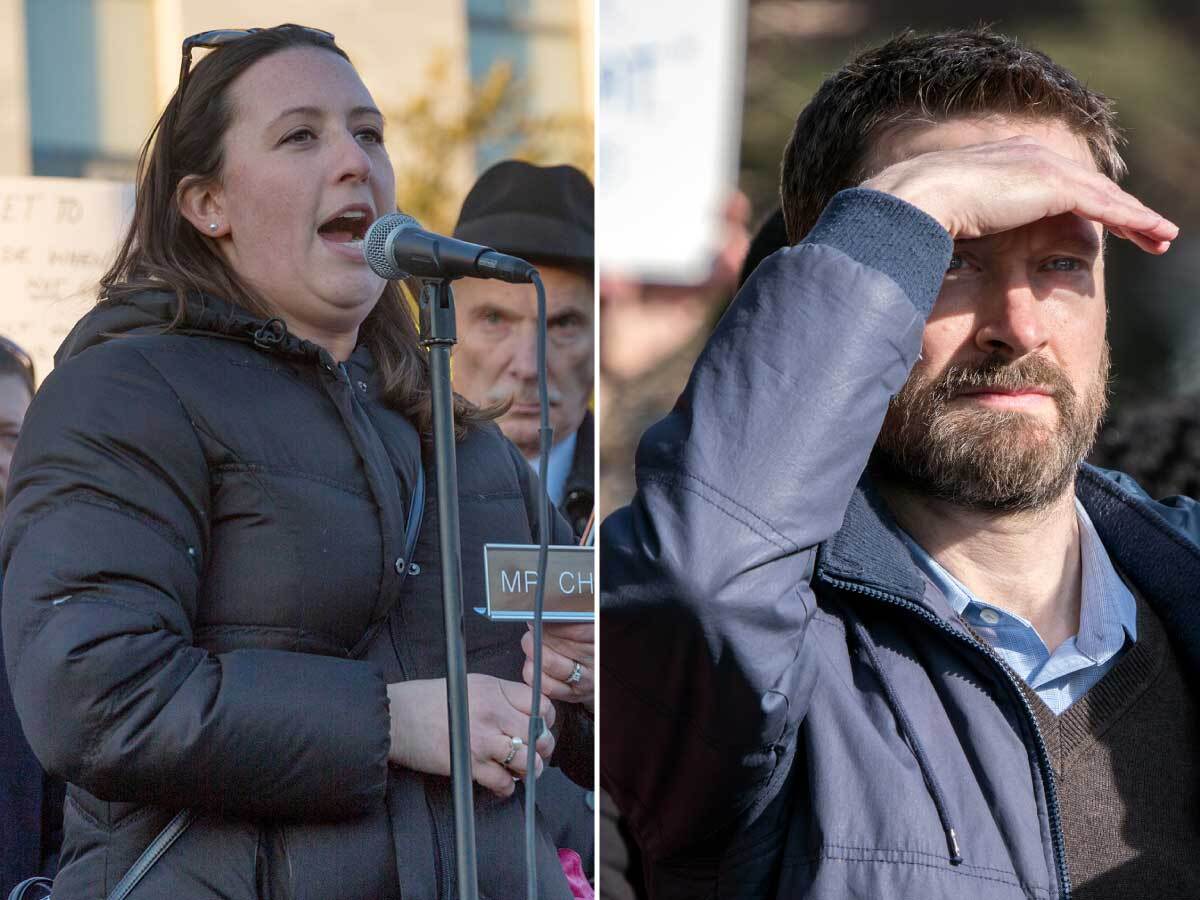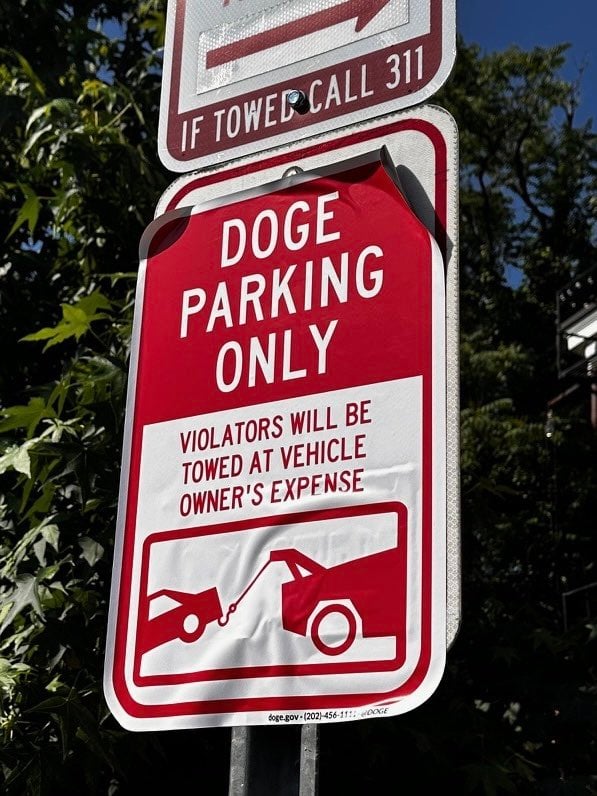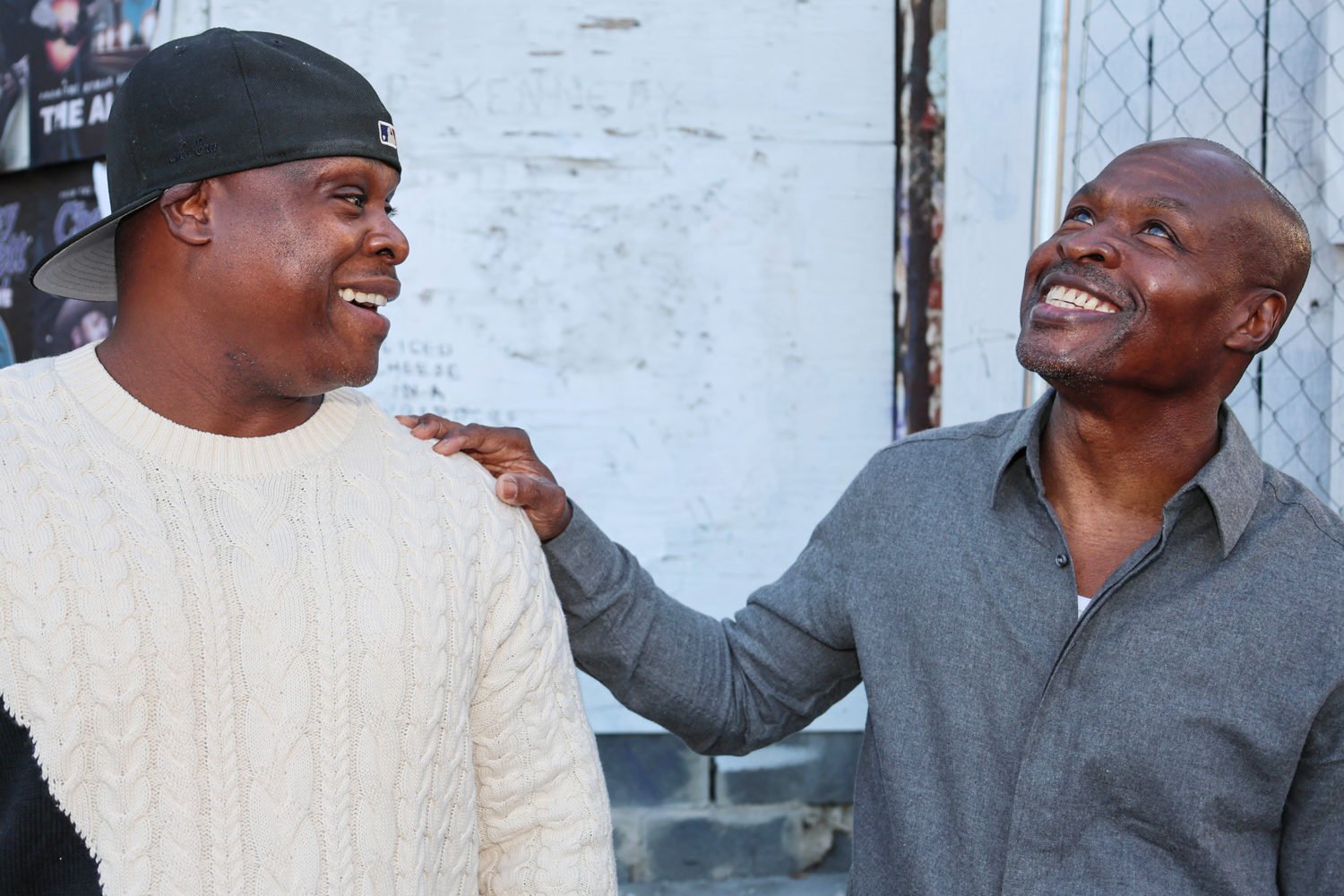No DC councilmember has ever been recalled from office during half a century of home rule. However, two councilmembers are now facing campaigns calling for their removal from office amid an unprecedented rise in violent crime: Ward 1 Councilmember Brianne Nadeau and Ward 6 Councilmember Charles Allen, the former chair of the council’s public safety committee.
Organizers behind the recall campaigns are blaming Allen and Nadeau, who have championed efforts to reform DC’s policing and criminal code, for the current crime situation in the city. In 2023, DC experienced the highest homicide rates in two decades and a 40% increase in the overall rate of violent crimes.
“We should not have more homicides per capita than Baltimore or Chicago,” says April Brown, treasurer of Recall Charles Allen. “The policies [Allen] created when he was chair of the committee, the impact has been so incredibly detrimental and harmful. Too many people are getting carjacked, stabbed.”
Organizers for both recall campaigns point to Allen and Nadeau’s 2020 vote to cut $15 million from the Metropolitan Police Department budget amid a nationwide reckoning on police brutality following the murder of George Floyd.
“Brianne has done nothing to ensure that criminals are held accountable for their actions. That when a person is arrested for committing a crime, they aren’t released the next day to do it again,” Diana Alvarez, chairwoman of the Committee to Recall Brianne Nadeau, wrote in a statement to Washingtonian. “Her vote and support of defunding the police is simply inexcusable.”
Yet some argue the numbers don’t match the campaigns’s narrative. Michael Johnson Jr., a budget analyst with the DC Fiscal Policy Institute, says the $15 million number represented a cut from Mayor Muriel Bowser’s initial budget proposal. And when accounting for intra-department budgetary shifts—such as a $22 million contract for school resource officers being moved from MPD’s budget to DCPS in 2020—plus overtime spending, police were not actually defunded in 2020, Johnson argues.
“There’s a lot of misconceptions about what’s being spent, or what’s being cut, but [MPD’s] funding has been consistent year over year, and they’ve continued to spend more than they were allocated this year,” says Johnson.
For organizers Brown and Alvarez, the rise in crime has a real impact on their lives. Alvarez, founder of Lit City, an Initiative-71 shop in Columbia Heights, says her business has been robbed multiple times. Brown shares that in 2020, her mother was carjacked and held at gunpoint in Ward 6. The four juveniles who committed the act were not found.
“We can’t continue to keep arresting people and releasing them a day later, or an hour later,” says Brown.
Police are just one part of the criminal justice system, and DC’s crime issues go beyond MPD. As first reported in the Substack DC Crime Facts, the US Attorney’s Office for the District of Columbia declined to prosecute 67% of arrests in 2022, a number much higher than most major cities.
Matthew Graves, the US Attorney for DC, has pointed to the city’s embattled crime lab—which only regained partial accreditation in December 2023 after a suspension in 2021—as a reason for his office’s low prosecution rate. The unaccredited crime lab could not process DNA, rape kit, or ballistic evidence.
In a statement to Washingtonian, Nadeau wrote that while fears about the rise in crime were “rational and understandable,” she has secured funding for social services.
“I have also long worked to address homelessness, mental health and substance use disorder needs, and youth disengagement – the things that evidence and common sense tell us are most effective in preventing crime before it happens,” wrote Nadeau. “A recall effort does not change that.”
When asked for comment on the recall campaign, Allen says he empathizes with concerns for public safety, and it remains a top concern for him, pointing to his recent work on a sweeping crime bill that the council advanced in February.
“‘I’ve been elected in Ward 6 three times; last time, no one even ran against me,” Allen says. “I know Ward 6, and Ward 6 knows me, and I’m very confident in that.”
Brown says she hasn’t followed the bill closely, given it coincided with the launch of the recall campaign, but she says it felt “watered down.”
“They discuss so many things, like transportation and who knows what else—bike lanes, things of that nature,” says Brown. “But we can’t enjoy those things if we’re living in fear on a daily basis. And crime doesn’t seem to be their number one issue.”



















